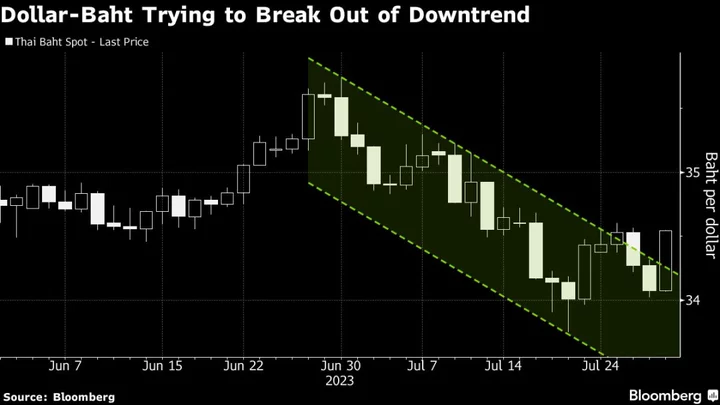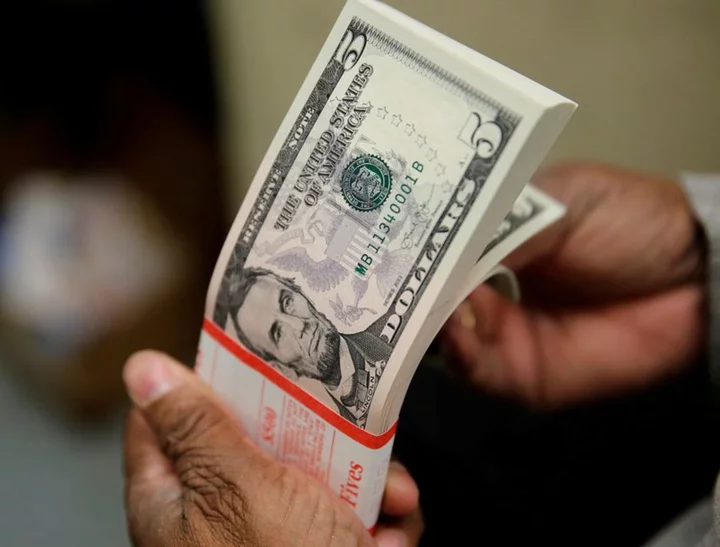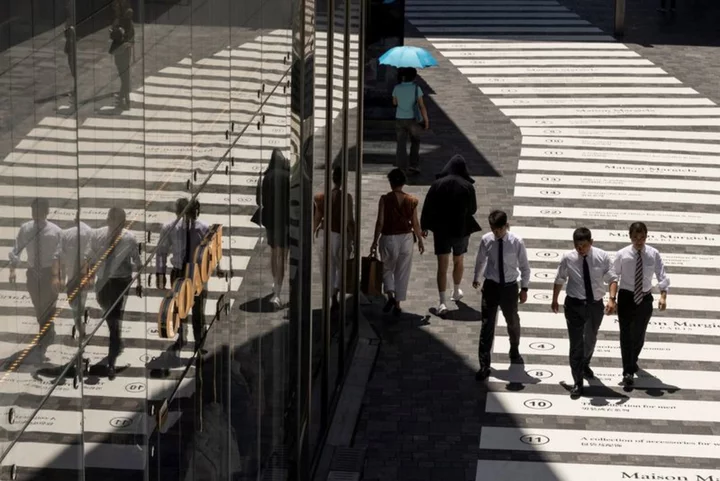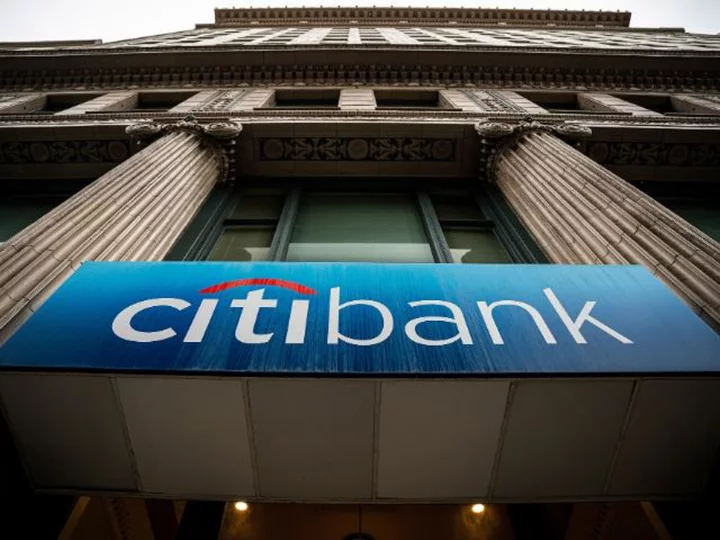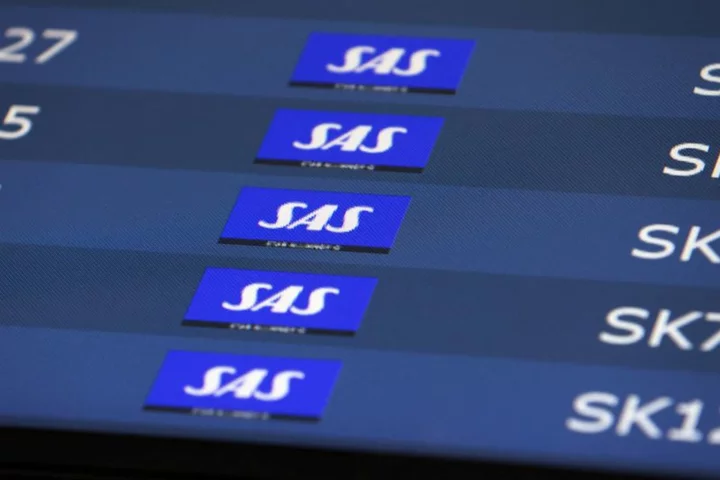Thai baht’s nascent recovery is set to solidify with the nation’s central bank seen sticking to its hawkish stance this week, a move that should help take the currency out of the doldrums of ongoing political uncertainty.
The Southeast Asian currency is poised to gain nearly 3% in July, after weakening for three straight months. While the rally can partly be attributed to dollar weakness spurred by bets that the Federal Reserve may be close to peak rates, Bank of Thailand’s hawkish stance may help extend its rally.
Most Asian central banks have paused rate increases in recent months, but the BOT has left the door open to another 25 basis points rate hike this week. Central bank Governor Sethaput Suthiwartnarueput said on July 19 he saw no need to abruptly adjust its current “gradual and measured” policy as economic recovery remained intact.
“For the upcoming meeting, we are expecting BOT to hike by 25 basis points given their hawkish comments, the lagged recovery and the need to build policy space,” says Edward Lee, chief Asean and South-Asia economist at Standard Chartered Bank SG Ltd in Singapore.
That should add momentum to baht gains, particularly if the central bank sounds hawkish. Economists at Nomura Holdings Inc predict the BOT will raise rates by 25 basis points this week, and say another hike in September is possible. The bank forecasts the baht advancing to 32.9 per dollar in the fourth quarter.
The currency was down 0.1% to 34.269 per dollar at 7:36 a.m. in Hong Kong.
Political Headwinds
A rate increase would help the Asian currency offset headwinds from political uncertainties as the nation is yet to name a new Prime Minister following elections in May. Pita Limjaroenrat, the leader of The Move Forward Party, who won the most parliamentary seats in general election, has already been blocked twice from becoming Prime Minister.
Even if the BOT decides to leave rates unchanged at its meeting on Wednesday, baht bulls will take solace from the pick-up in foreign arrivals in June. Moreover, Thailand’s finance ministry predicts tourist arrivals will reach 29.5 million this year, more than twice last year’s tally of 11.2 million.
Australia and New Zealand Banking Group sees baht rising to 33.5 per dollar in the third quarter before gaining to 33 in the final three months of the year. “We’re looking at a combination of a weaker dollar, and then on the Thai side clearing up of the political uncertainty and supportive factors from the rice export price and also gold,” said Khoon Goh, Singapore-based head of Asia research at the bank.
Here are the key Asian economic data due this week:
- Monday, July 31: China PMI, Australia house prices, New Zealand business confidence, Japan retail sales and industrial production, Thailand BoP current account balance
- Tuesday, August 1: RBA interest rate decision, Australia building approvals and home loans, China Caixin manufacturing PMI, South Korea trade balance, Indonesia CPI
- Wednesday, August 2: Bank of Thailand interest rate decision, New Zealand 2Q employment change and average hourly earnings, Bank of Japan minutes to June meeting, South Korea CPI
- Thursday, August 3: Australia trade balance and 2Q retail sales ex-inflation, China Caixin services PMI
- Friday, August 4: RBA Statement on Monetary policy, China 2Q BoP current account balance, Philippines CPI, Singapore retail sales

